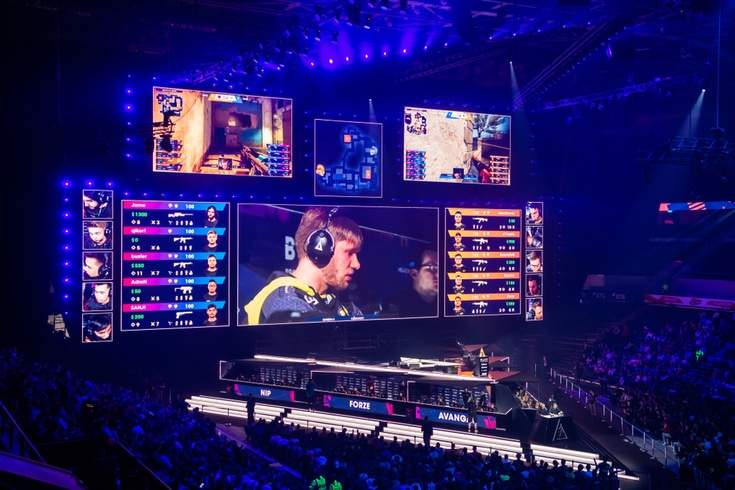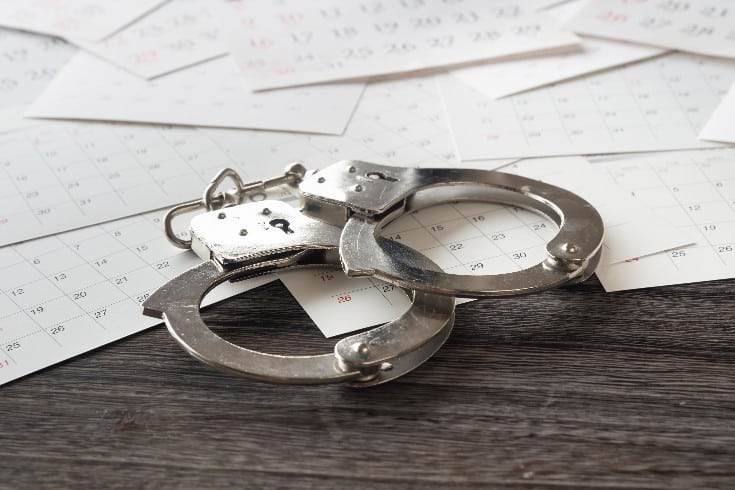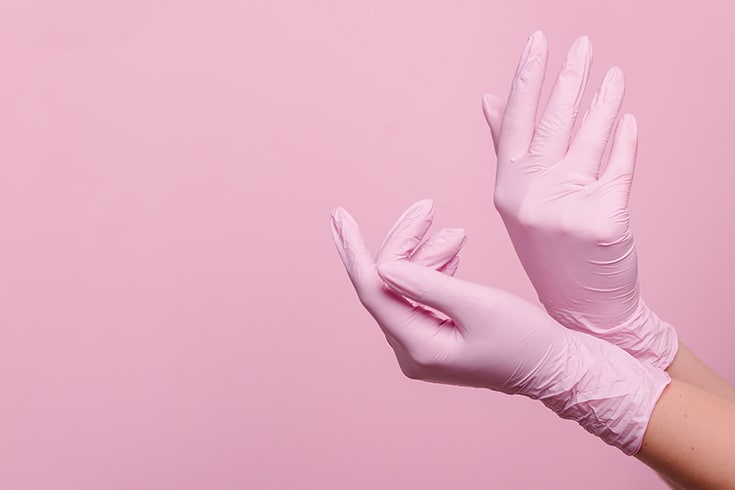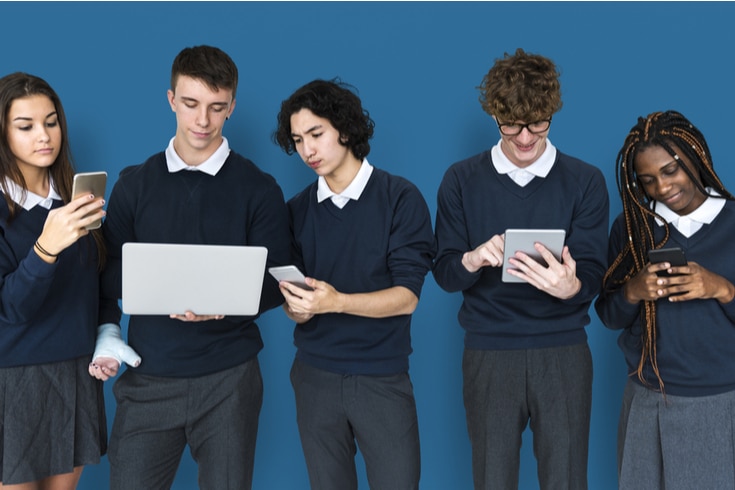Explaining Cases Where 'Cover Songs' Posted on YouTube Can Constitute Copyright Infringement
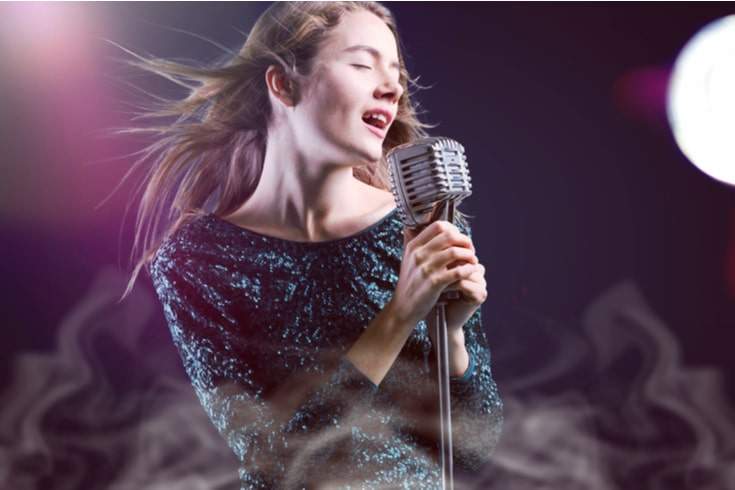
On video sharing platforms such as YouTube and Nico Nico Douga, there is a popular genre known as “Utattemita” or “Cover songs”.
“Cover song” is a genre where individuals, often referred to as “singers”, or amateurs, sing popular songs from J-POP, Vocaloid, and others, and post the videos online. Some of these “singers” have gained popularity comparable to that of idols, and the number of views for “Cover song” videos is on the rise. Despite the growing attention towards “Cover song” videos in recent years, one might wonder if there are any legal issues arising from the use of popular songs.
In this article, we will discuss the legal risks you should be aware of when posting “Cover song” videos.
Legal Considerations for Singing Cover Songs
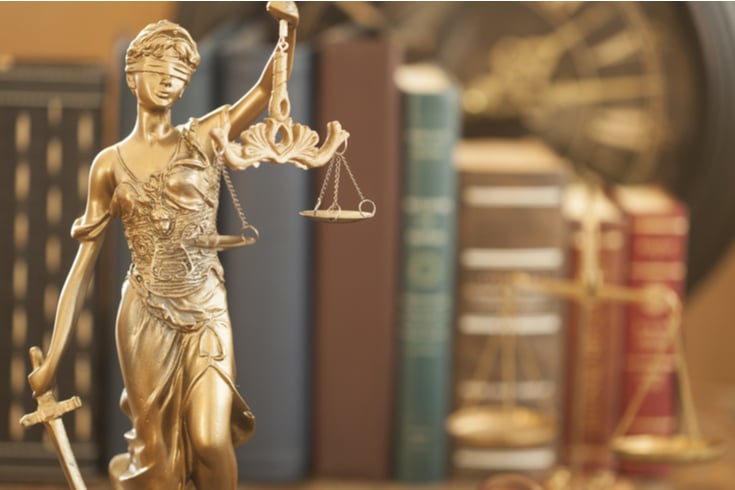
When posting “cover song” videos, it’s important to be aware of two rights: copyright and neighboring rights.
Copyright
Copyright is a right designed to protect creative works. Under the Japanese Copyright Law, a creative work is defined as follows:
(Definition)
Article 2, Paragraph 1, Item 1: A work is something that creatively expresses thoughts or feelings and falls within the realm of literature, academia, art, or music.
From this definition, the following four requirements are needed for something to be recognized as a creative work:
- Expresses thoughts or feelings
- In a creative manner
- And falls within the realm of literature, academia, art, or music
Copyright automatically arises when a creative work is created. Unlike patent rights or trademark rights, copyright is characterized by the fact that no procedures such as applications are required for the right to arise.
Neighboring Rights
Neighboring rights are rights granted to performers and record producers.
No matter how wonderful a song or lyrics may be, they cannot be conveyed to others without someone to deliver them. Therefore, the Japanese Copyright Law grants neighboring rights to performers and record producers to encourage the act of transmission.
In this context, a performer refers to singers or musicians who perform the work. A record producer refers to the person who first created the master record from the live performance of the performer. Neighboring rights automatically arise when singing or the creation of a master record is performed by these individuals.
Therefore, when posting “cover song” videos, it is necessary to pay attention not only to the copyright of the song and lyrics but also to the neighboring rights of the artist as a performer and the record producer.
What is a Copyright Management Organization?
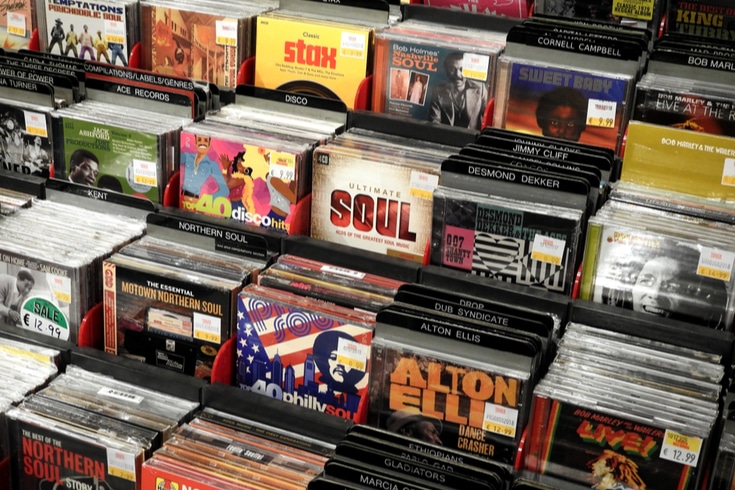
There are countless music genres, songs, and lyrics in the world.
When obtaining permission to use these works, you will need to negotiate with a copyright management organization (copyright royalty collection organization).
A copyright management organization is an entity that represents copyright holders and collects copyright fees from those who wish to use copyrighted works. If you receive permission to use a musical work from a copyright management organization, you can use the music without obtaining individual permission from the copyright holder.
Examples of Copyright Management Organizations
The following organizations are representative:
- Japanese Society for Rights of Authors, Composers and Publishers (JASRAC)
- Japanese Art Copyright Organization – Art Copyright Association
- NexTone
Organizations with which video sharing sites have comprehensive contracts
On video sharing sites where “cover songs” are posted, it is common to have a comprehensive usage license agreement with a copyright management organization. If such a comprehensive contract is in place, the poster can post a “cover song” video without obtaining individual permission from the copyright holder or the copyright management organization.
YouTube and Nico Nico Video have comprehensive contracts with JASRAC and NexTone. When using other sites, make sure to check which copyright management organizations they have comprehensive contracts with.
However, copyright management organizations only manage “copyrights”, and do not manage the neighboring rights of performers or record producers. Therefore, as mentioned later, even if there is a comprehensive contract, it is still necessary to be careful about neighboring rights.
Cases Where Cover Songs May Infringe Copyright and Neighboring Rights
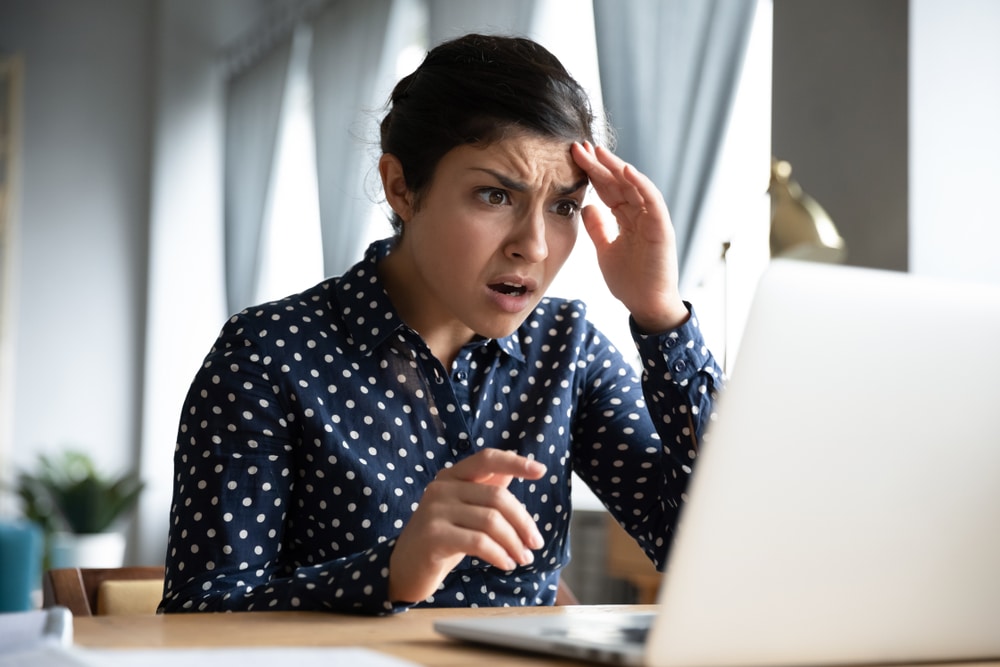
When might video content of “cover songs” infringe copyright?
Using Songs Not Managed by a Copyright Management Organization Without the Copyright Holder’s Permission
If you use a song that is not managed by a copyright management organization without obtaining permission from the copyright holder, it constitutes copyright infringement.
Specifically, filming the act of singing infringes the right of reproduction, and uploading the filmed video to YouTube or similar platforms infringes the right of public transmission.
Songs from CDs or Paid Music Streaming Services
If you have obtained permission from the copyright holder or copyright management organization, it generally does not constitute copyright infringement.
However, using audio sources from CDs or music streaming services in a video without the permission of the performer or record producer infringes neighboring rights.
Specifically, filming the act of singing using an audio source infringes the performer’s right to record and the record producer’s right of reproduction. Also, uploading the filmed video infringes the performer’s and record producer’s right to make the recording available to the public.
Songs Filmed at Karaoke
Even if you post a video of you singing at karaoke on YouTube or similar platforms, it generally does not constitute copyright infringement if you have obtained permission from the copyright holder or copyright management organization.
However, DAM sound sources and the like played at karaoke are subject to neighboring rights held by the record producer who created the karaoke sound source. Therefore, if the karaoke sound source is included in the video filmed at karaoke, it infringes the record producer’s right of reproduction and right to make the recording available to the public.
How to Post Cover Songs Without Violating Copyright Law
What methods are available to create and post cover song videos without infringing on copyright law?
Firstly, when posting on platforms like YouTube or Nico Nico Douga, if the song or lyrics are managed by JASRAC or NexTone, with whom comprehensive contracts have been concluded, you can post cover song videos without obtaining individual usage permissions, as a general rule, without infringing on copyright.
You can check whether a song is managed by using the “JASRAC Work Database Search Service” or the “NexTone Work Search Database”.
However, even if a song is managed by a copyright management organization, it is important to note that the type of copyright managed and the usage form of the work may be limited.
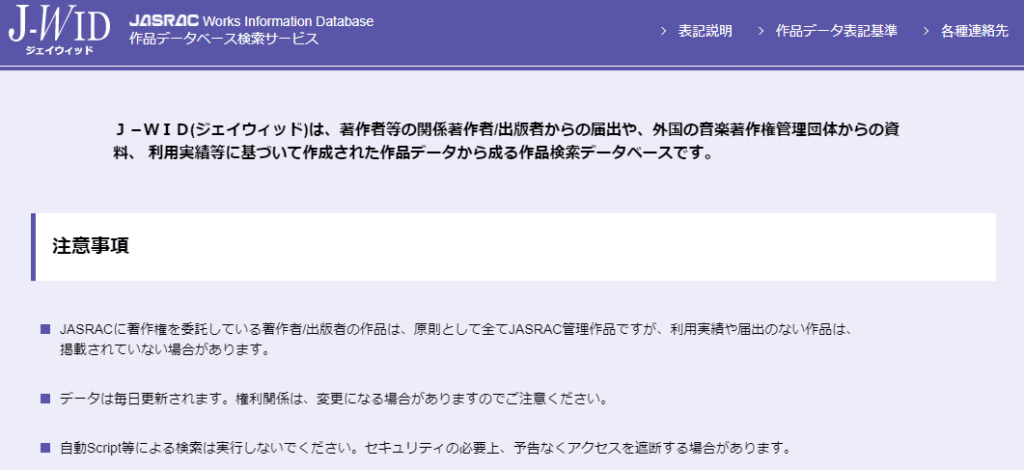
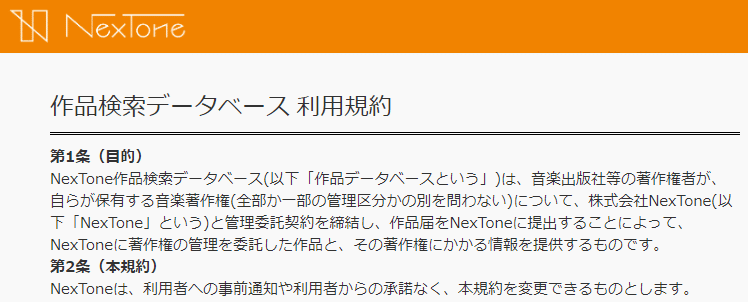
However, what is managed by copyright management organizations is only the “copyright”. Therefore, unauthorized use of sound sources such as CDs infringes on neighboring rights.
Therefore, if you want to use a sound source in cover songs, you need to separately obtain the permission of the performer or record producer. Typically, artists transfer their neighboring rights to the record producer through an exclusive performance contract. Therefore, it is usually sufficient to obtain permission from the record producer.
Also, if it is difficult to negotiate for the use of a sound source, you can search for off-vocal sound sources or secondary creative off-vocal sound sources that have been licensed, or create your own sound source.
How to Use Songs Not Managed by Copyright Management Organizations
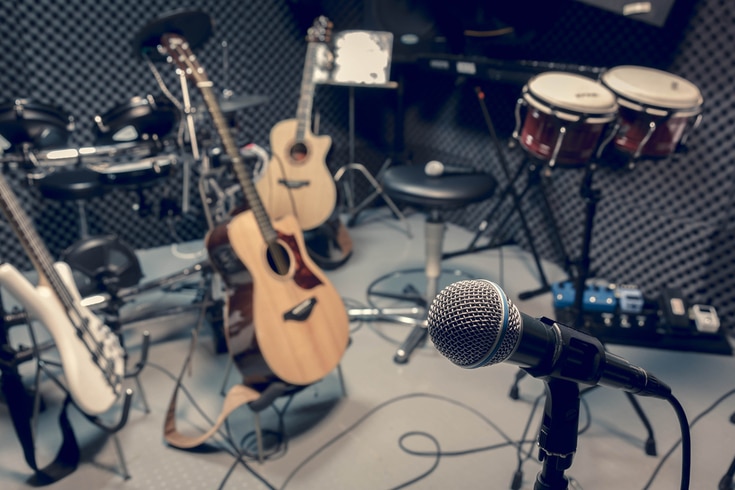
If you want to use songs that are not managed by copyright management organizations, you can do so by obtaining permission from the copyright holder individually.
Depending on the song, the copyright holder may have published the sound source for “cover song” videos on their website. Therefore, it is recommended to check on the internet in advance.
Legal Risks of Arranging and Altering Songs in “Singing Cover songs”
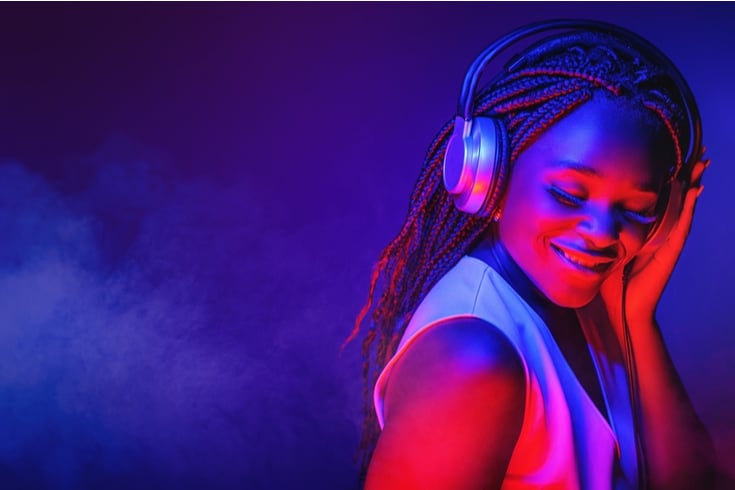
When arranging or altering songs, it is common to add some sort of arrangement without losing the original form of the song. In doing so, there is a possibility of infringing upon the arrangement right and adaptation right, which are part of copyright law.
However, JASRAC (Japanese Society for Rights of Authors, Composers and Publishers) does not receive the transfer of arrangement and adaptation rights from copyright holders. Therefore, even if YouTube and other platforms have a comprehensive contract with JASRAC, unauthorized arranging or altering of songs would constitute copyright infringement. Therefore, it is necessary to obtain individual permission from the copyright holder for arranging or altering songs.
Furthermore, when arranging or altering songs, in addition to copyright and related rights, attention must also be paid to the moral rights of authors, which protect the personal interests of authors.
It is common for composers and lyricists to be dissatisfied when the atmosphere of a song changes drastically due to arranging or altering. In such cases, composers and lyricists may claim infringement of the right of integrity, which is one of the moral rights of authors. Therefore, it is important to obtain permission from the author for arranging or altering songs.
Summary: Be Careful of Copyright Infringement When Singing Cover Songs
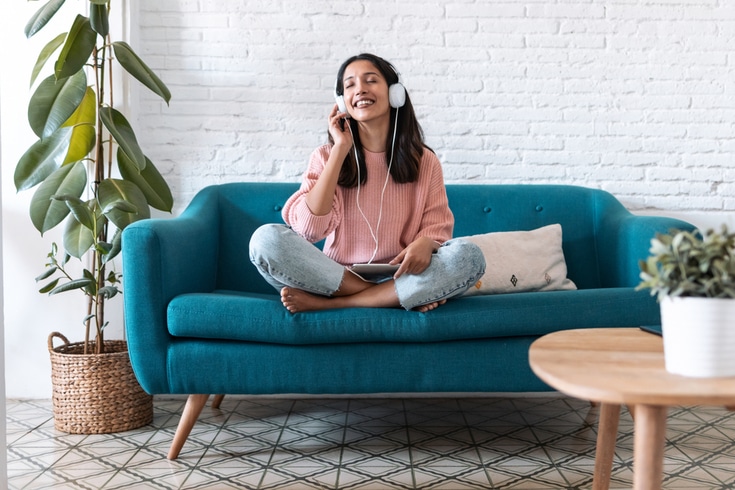
If you’re considering posting a cover song video, it’s crucial to fully understand the legal implications of copyright, related rights, and author’s moral rights. Posting without the permission of the copyright holder could potentially lead to a lawsuit for illegal conduct, so it’s important to exercise caution.
If there’s anything you’re unsure about, consult with a lawyer who specializes in intellectual property rights before posting your cover song video.
Category: Internet

